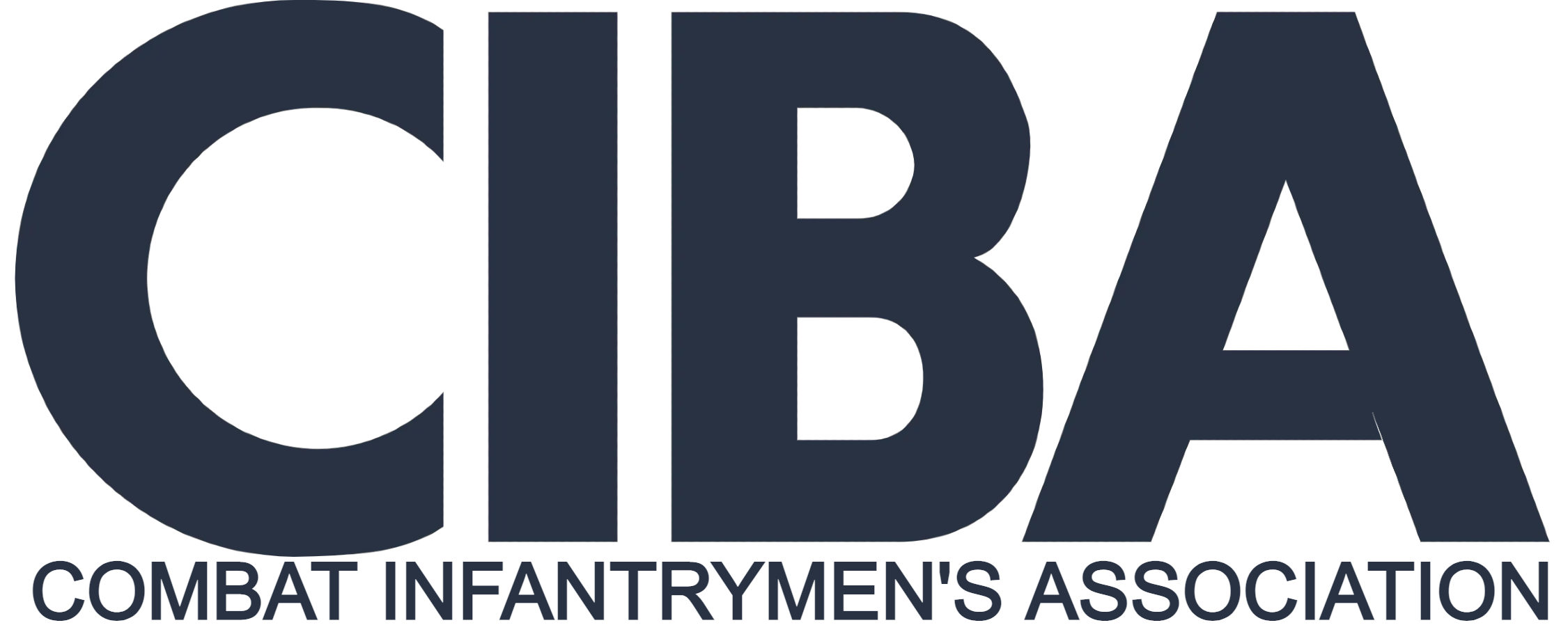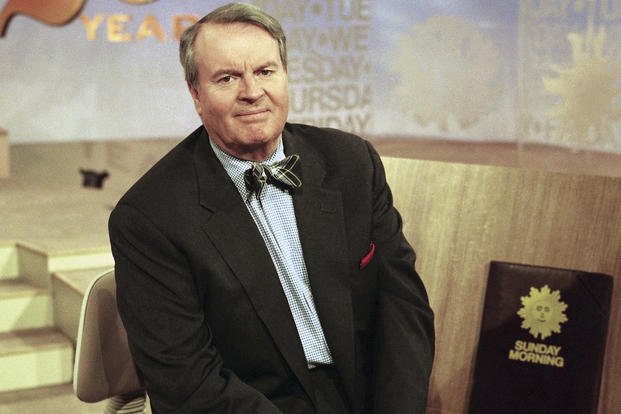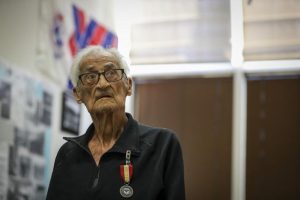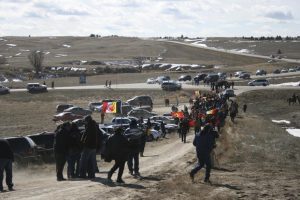Fellow broadcast news legend Charles Kuralt called Charles Osgood “one of the last great broadcast writers” because of his lyrical, poetic writing style. Osgood was the host of “CBS Sunday Morning” until 2016, having taken over the position from Kuralt in 1994. From 1971 to 2017, he produced a daily commentary called “The Osgood File” on CBS Radio.
After a decades-long career in television and radio, Osgood died of dementia in his New Jersey home at age 91 on Jan. 23, 2024.
Osgood was born in New York City in 1933 and grew up in Baltimore during World War II, an experience he described in his 2004 memoir, “Defending Baltimore Against Enemy Attack.”
For much of his youth, however, reading the news wasn’t his plan for his future. He attended Fordham University to study economics, not journalism, and then joined the U.S. Army.
He graduated from the university in 1954. Although the Korean War had ended the year before, the U.S. military still drafted civilians at the time. With a draft classification of 1-A (fit for military service), Osgood decided to be proactive. He knew the announcer of the U.S. Army Band at Fort Myer in Arlington, Virginia. It was a unique position that Osgood was uniquely suited to fill. He had volunteered for the campus radio station while at Fordham; worked as an announcer at WGMS, a Washington, D.C., classical music station; and could play the piano, organ and banjo.
When he discovered the U.S. Army Band’s announcer was about to leave the position, Osgood joined the Army to get the job and avoid the draft. He was the band’s announcer for the duration of his military service, between 1955 and 1958. While he was in, he met John Cacavas, an arranger for the band. His relationship with Cacavas would lead to a decades-long series of collaborations, as well as a songwriting credit. His song “Gallant Men” became a Top 40 hit in 1966.
Probably the highlight of his Army career was being the personal broadcaster to President Dwight D. Eisenhower while the commander in chief recovered from a heart attack in 1955. Osgood’s job was to play records for the ailing president, and only the president.
There’s something to be said for having a world of experience. Despite never attending a day of journalism school, Osgood continued his broadcasting career after leaving the Army in 1958. He became the general manager of the first pay cable channel in the United States, Connecticut’s WHCT. When the station didn’t take off as expected, he got a job reading the news on ABC Radio in New York City in 1963.
In 1967, he became a writer and reporter for WCBS AM, anchoring the morning news. That’s how he came to host one of radio’s longest-running features, a segment that would be known as “The Osgood File.” It was a series of commentaries on the day’s news that aired four times a day, five days a week, for nearly 46 years.
It was at CBS, while in his 40s, that he developed the style of incorporating poetry and whimsical-sounding rhymes into his reports. One day he just incorporated a rhyme, which he liked, but the news division management seemed to hate. Despite telling him not to do it again, he did it again … for the rest of his long career.
Osgood fully joined CBS News in 1971, anchoring his morning news radio broadcasts, but also appearing on television. In 1981, he was named anchor of “CBS Sunday Night News” and anchor of “CBS Morning News” from 1987 to 1992 before taking the reins of “CBS Sunday Morning” in 1994.
Keep Up With the Best in Military Entertainment
Whether you’re looking for news and entertainment, thinking of joining the military or keeping up with military life and benefits, Military.com has you covered. Subscribe to the Military.com newsletter to have military news, updates and resources delivered straight to your inbox.
Story Continues
Please rate this CIBA article
Vote






